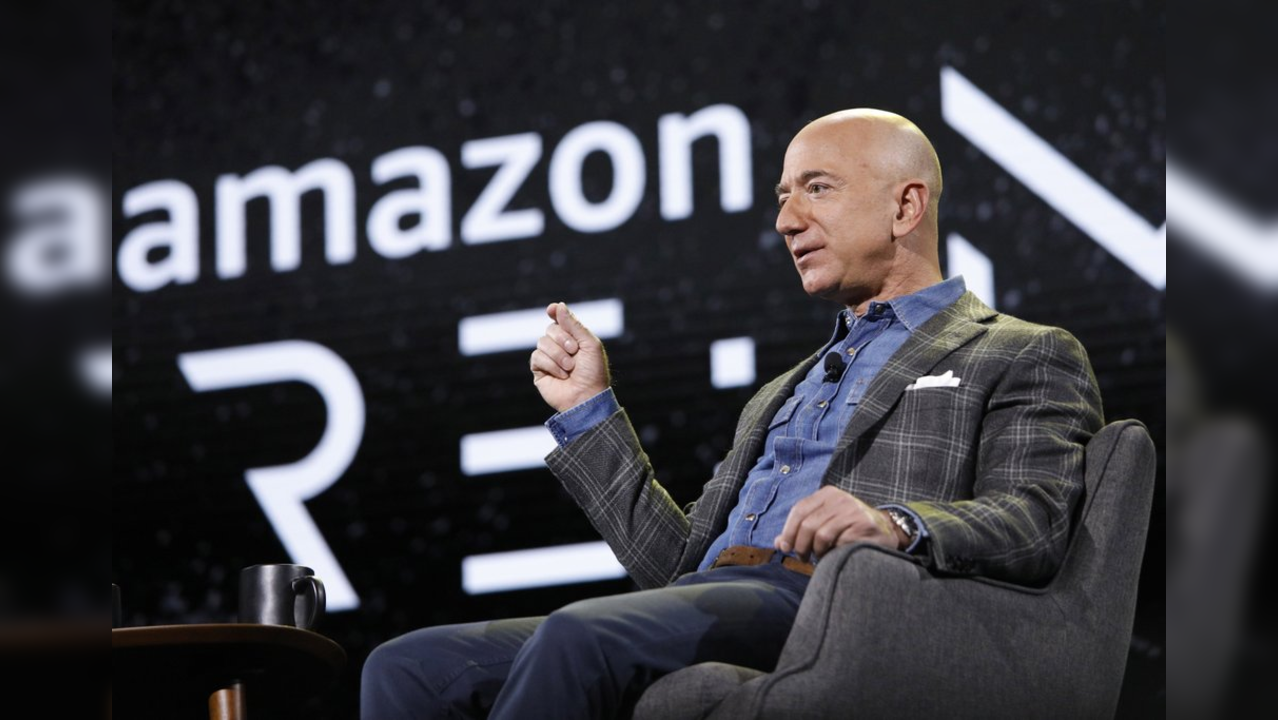
Amazon Founder Jeff Bezos
Amazon founder Jeff Bezos has warned businesses to delay or postpone large purchases as fears of a recession mount.
Speaking in an interview with CNN, the billionaire Amazon boss hinted that a prolonged downturn is looming in the coming months, advising people to hold off on buying big-ticket products such as cars, televisions, and appliances.
Bezos further urged individuals to save money, saying it would make a significant difference when the recession hits.
He also advised small businesses to avoid large capital expenditures or acquisitions during this period.
In a statement, Bezos said, “Take some risk off the table. Adding just a little bit of risk reduction could make the difference.”
What Jeff Bezos Project for Long-Term Business Planning
In a broader outlook, Jeff Bezos emphasised that the American dream remains both attainable and achievable, while also highlighting the potential of space travel, suggesting that this niche, technologically advanced form of tourism could soon become a more common reality for the public.
Why American Customer Satisfaction Index Signals A Warning Sign
Recently, the American Customer Satisfaction Index Q3 results signalled a warning sign.
While the national score remained unchanged at 76.9 (on a scale of 0 to 100), it followed a steep decline and long-term stagnation that is a slow-moving threat which, if not reversed, might inflict severe damage to economic growth: the decoupling of buyer utility from seller profit.
Consumer switching costs have risen over the past decade, especially in digital and service sectors, with less competition as a result.
Online retail, video streaming, and search engines have decreasing customer satisfaction this quarter.
Overall, markets have become more concentrated with rising seller pricing power. Corporate profits as a share of national income have increased as well, but so have customer complaints.
Mergers and acquisitions have escalated, while antitrust enforcement has not. Consumer surplus is eroding, with less household purchasing power as a result.
If economic history is a guide, innovation will suffer, capital allocation will be inefficient, and productivity growth will slow.
There will be rising inequality and further redistribution of income from consumers to shareholders. Because high-income groups have lower marginal propensity to consume, consumer demand will fall and both groups will be worse off.

